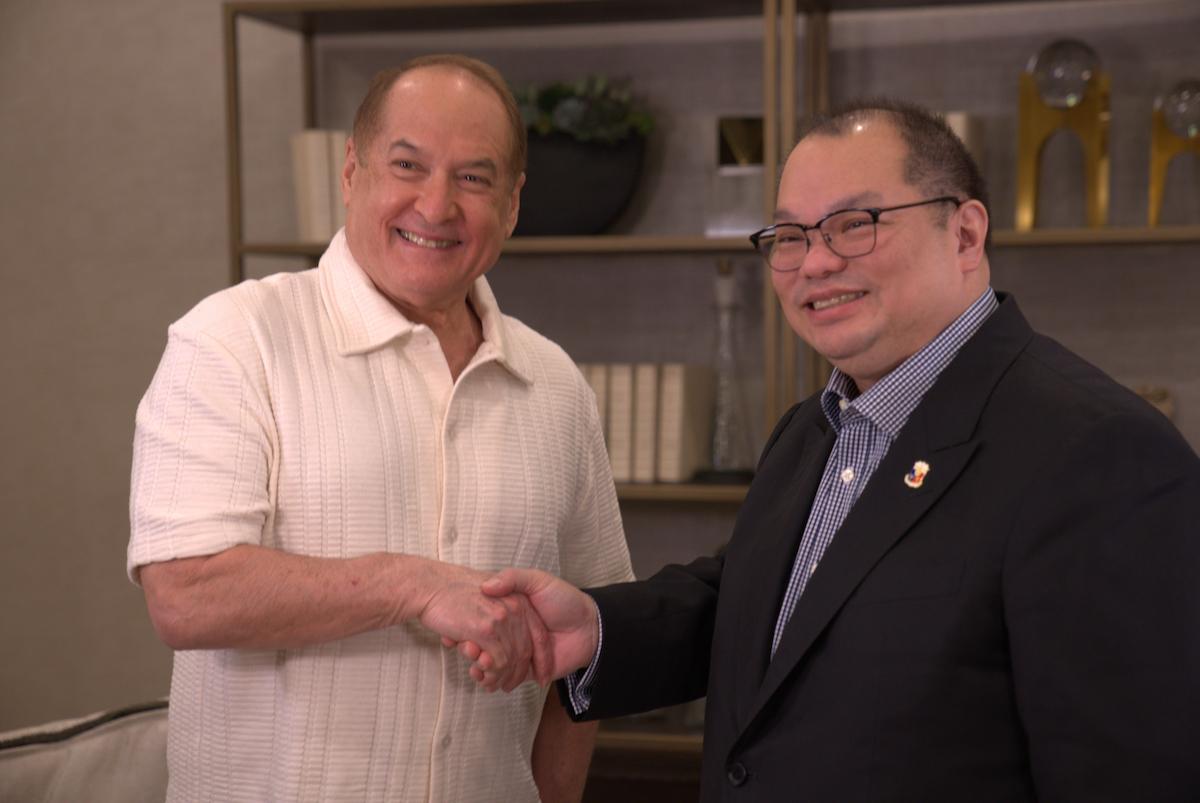USCIS recently announced a change in policy in how the agency calculates unlawful presence for F-1, J-1, and M-1 nonimmigrants and their dependents (F-2, J-2, and M-2 nonimmigrants).
According to USCIS, these changes are “designed to reduce the number of nonimmigrants who overstay their periods of admission and clarify how USCIS implements the unlawful presence grounds of inadmissibility.” USCIS also stated that “over the years, DHS has also made significant progress in its ability to track the activities of F, J, and M nonimmigrants” according to the Federal Register Announcement issued last May.
Current USCIS policy regarding accrual of unlawful presence for F, J, and M status
Current policy – until the change in policy set for August 9, 2018 – states that individuals in F, J, and M status will start accruing unlawful presence on the earliest of any of the following:
• The day after DHS denied the request for the immigration benefit, if DHS made a formal finding that the individual violated his or her nonimmigrant status while adjudicating a request for another immigration benefit;
• The day after their I-94 expired; or
• The day after an immigration judge, or in certain cases, the Board of Immigration Appeals (BIA), ordered them excluded, deported, or removed (whether or not the decision is appealed).
Effective 08/09/2018: Change in policy regarding accrual of unlawful presence for F, J, and M status
Beginning August 9, 2018, individuals in F, J, or M status who fail to maintain their status on or after August 9, 2018, will start accruing unlawful presence on the earliest of any of the following:
• The day after they no longer pursue the course of study or the authorized activity, or the day after they engage in an unauthorized activity;
• The day after completing the course of study or program, including any authorized practical training plus any authorized grace period;
• The day after the I-94 expires; or
• The day after an immigration judge, or in certain cases, the BIA, orders them excluded, deported, or removed (whether or not the decision is appealed).
It is important to be vigilant and understand how immigration policy changes may affect you or your loved ones. It is important to consult with a licensed, competent, and experienced immigration attorney who will be able to walk you through your and your family’s immigration questions.
* * *
Atty. Lilli Berbano Baculi is an associate attorney with Chua Tinsay & Vega, A Professional Legal Corporation (CTV) – a full service law firm with offices in San Francisco, San Diego, Sacramento and Philippines. The information presented in this article is for general information only and is not, nor intended to be, formal legal advice nor the formation of an attorney-client relationship. Call or e-mail CTV for an in-person or phone consultation to discuss your particular situation and/or how their services may be retained at (619) 955-6277; (415) 495-8088; (916) 449-3923; [email protected]; www.chuatinsayvega.com.







